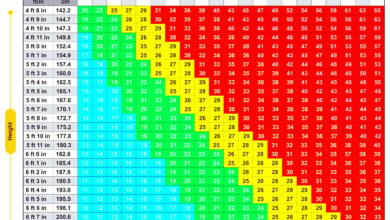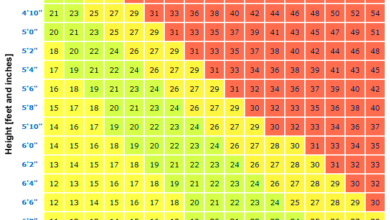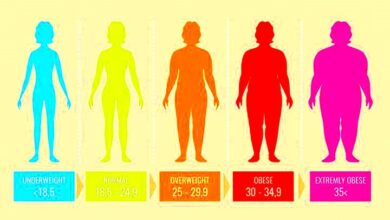What I Wish I Had Known About BMI When I Started My Health Journey
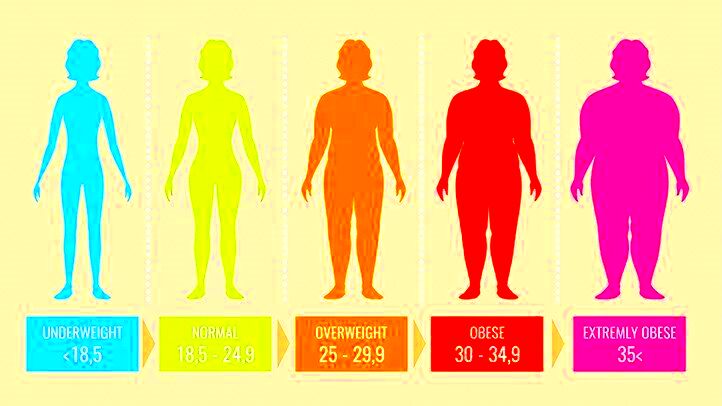
When I look back at the start of my health journey, I often chuckle at how naive I was. My understanding of what it meant to be healthy was as shallow as a puddle in the monsoon season. I thought that a number on the scale or a specific BMI value was all that mattered. Little did I know that my health was a complex puzzle, far beyond the simplistic numbers I was fixated on. This post is a reflection on my journey, sharing insights I wish I had when I first embarked on this path. It’s my hope that my experiences can help others navigate their own health journeys with a bit more wisdom and a lot less confusion.
Misconceptions and Myths About BMI
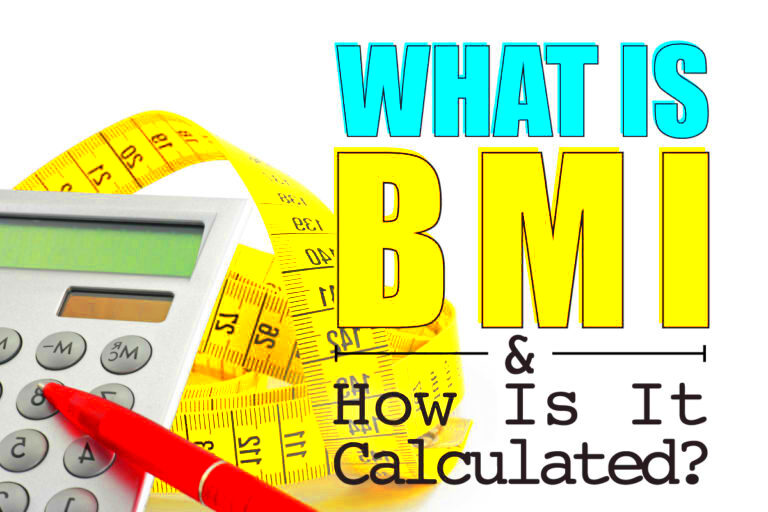
In the early days of my fitness journey, I was a firm believer in the myths surrounding BMI (Body Mass Index). I thought that if my BMI was within the “normal” range, I was healthy—simple as that. Here are some common misconceptions I had:
- Myth #1: BMI Measures Your Overall Health – I believed that a single number could sum up my health status. Turns out, BMI doesn’t account for muscle mass, bone density, or overall body composition.
- Myth #2: A Low BMI Means You’re Fit – I assumed that a lower BMI was always better. However, being underweight can also lead to health issues like nutrient deficiencies.
- Myth #3: BMI Is a Good Indicator of Body Fat – In reality, BMI is a crude measure and doesn’t distinguish between fat and lean tissue.
These misconceptions led me to chase numbers rather than focusing on holistic health. It was a valuable lesson in learning that health is multi-faceted and not just about one metric.
What BMI Actually Measures
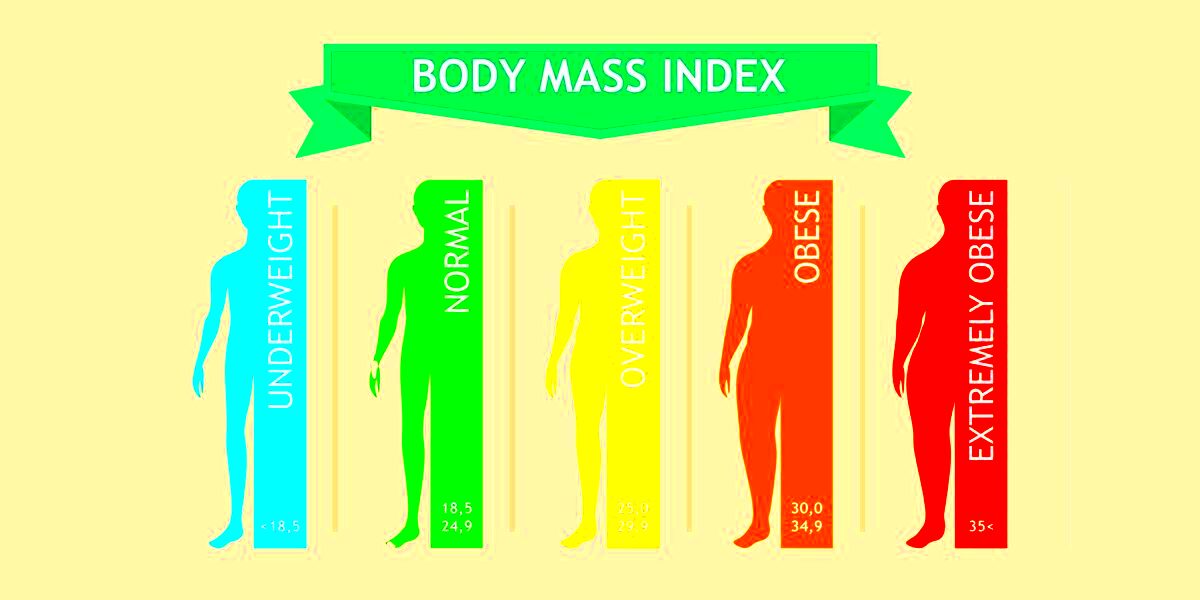
Understanding what BMI actually measures was a game-changer for me. BMI is a simple calculation using your weight and height. The formula is:
| Formula | Calculation |
|---|---|
| BMI = Weight (kg) / Height² (m²) | Example: For someone weighing 70 kg and 1.75 m tall, BMI = 70 / (1.75 × 1.75) = 22.86 |
But here’s the catch: BMI doesn’t m
Personal Struggles: How BMI Affected My Self-Perception
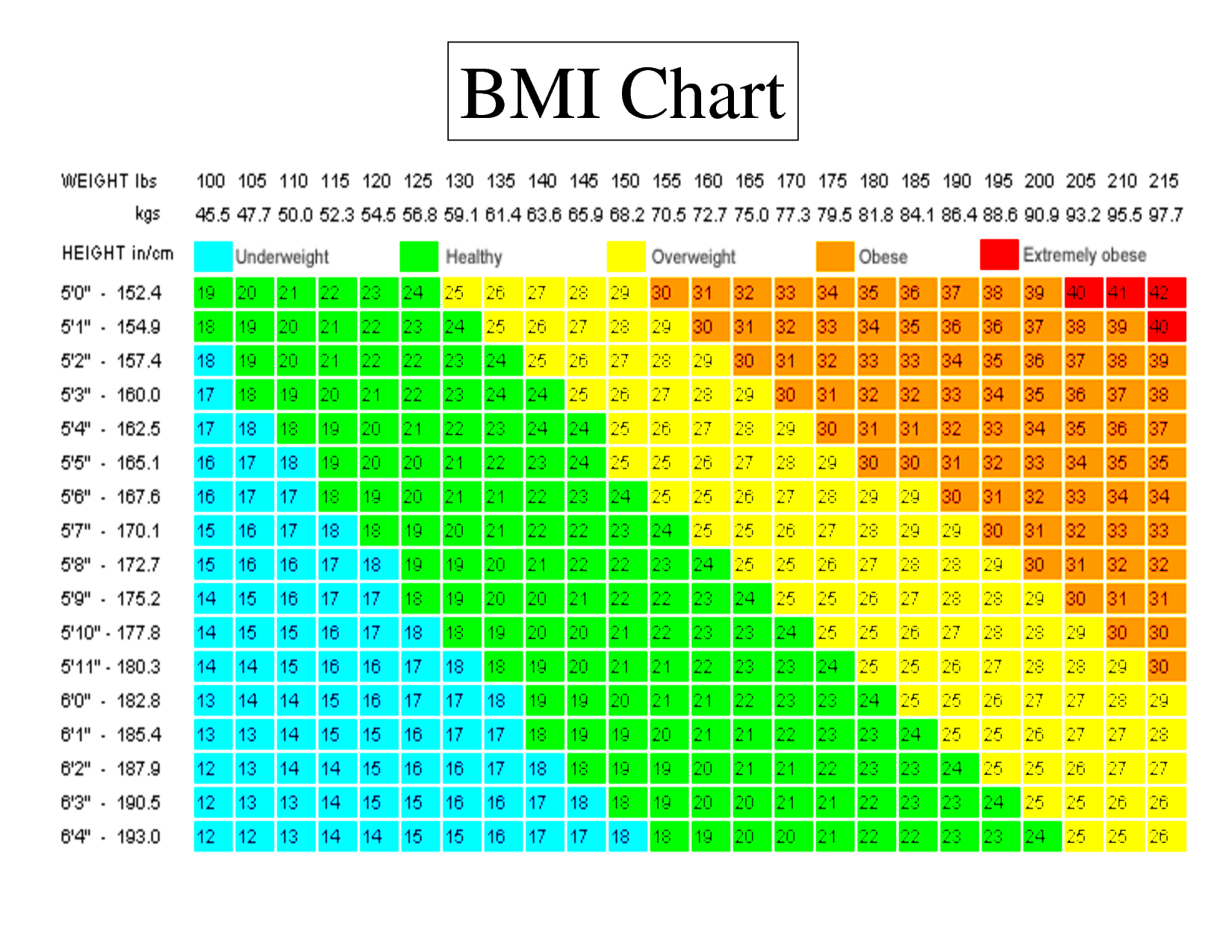
Looking back, I realize how much my self-worth was tied to the numbers on the scale. When I first started focusing on BMI, it was like a double-edged sword. On one hand, it gave me a clear metric to strive for; on the other hand, it warped my perception of self-worth. I remember the days I was stuck on the “normal” range, believing I was in the clear. But the moment my BMI fluctuated, my confidence took a nosedive.
Here’s how my self-perception was affected:
- Unrealistic Standards: I held myself to an ideal BMI that didn’t necessarily fit my body type. This led to frustration and an unhealthy focus on weight, rather than overall well-being.
- Comparison Trap: I found myself constantly comparing my BMI with others, which was demoralizing. Everyone’s body is unique, and this comparison only led to insecurity.
- Emotional Rollercoaster: The highs of reaching a desirable BMI were fleeting, and the lows of falling below it were disheartening. It was an emotional yo-yo that impacted my mental health.
This struggle was a learning experience, teaching me that self-worth cannot and should not be measured by a single number. True self-acceptance and confidence come from embracing a holistic view of health.
Why BMI Isn’t the Whole Story
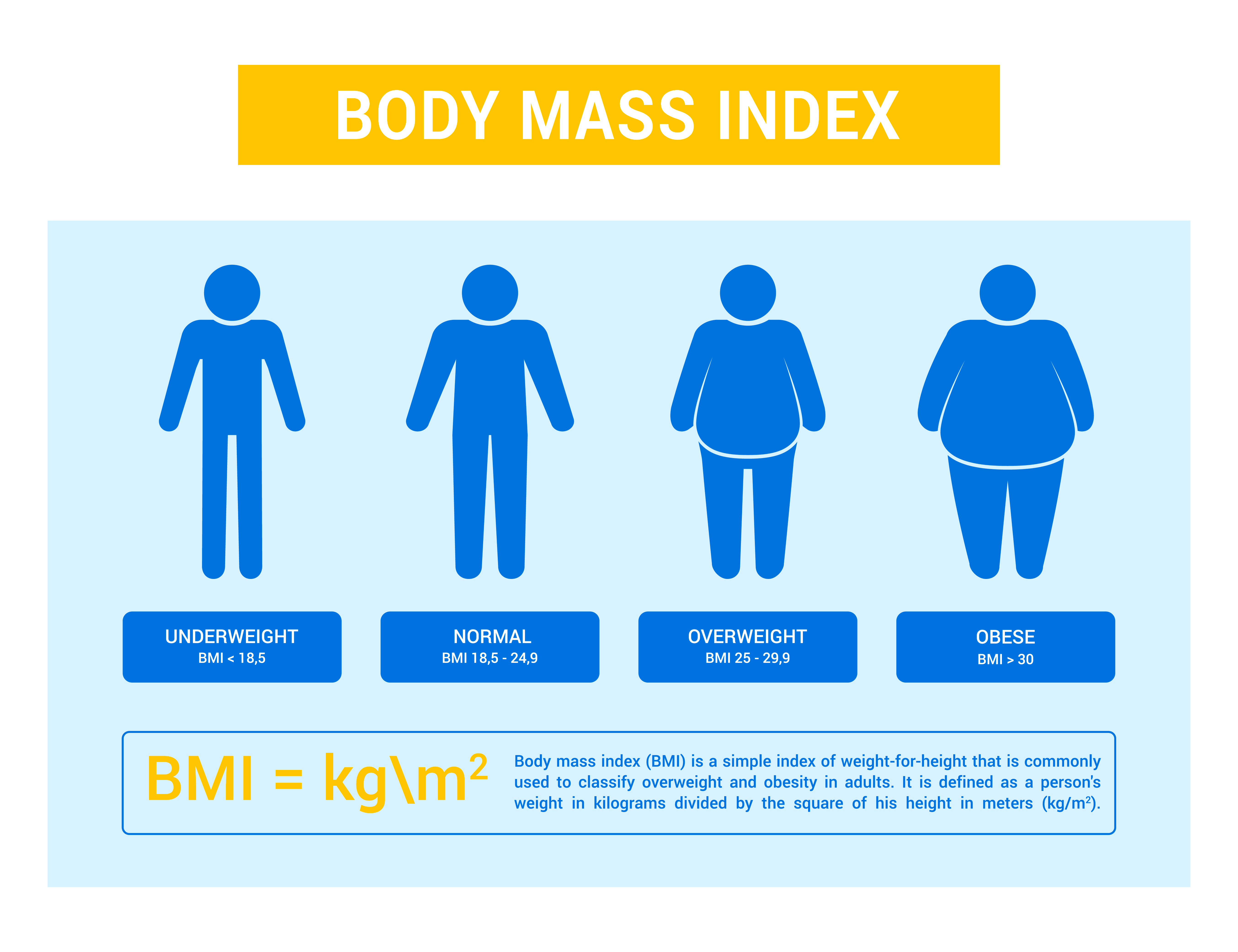
As I progressed in my health journey, I began to understand the limitations of BMI. It’s easy to get fixated on a number, but BMI alone doesn’t tell the full story. For instance, consider how BMI fails to:
- Distinguish Between Muscle and Fat: A person with a lot of muscle can have a high BMI but be in excellent shape. Conversely, someone with a low BMI might still have high body fat.
- Account for Body Fat Distribution: BMI doesn’t indicate where fat is distributed in the body. For example, visceral fat (around organs) can be more harmful than subcutaneous fat (under the skin).
- Reflect Overall Health: Two people with the same BMI can have vastly different health profiles. Other factors like blood pressure, cholesterol levels, and fitness levels matter more.
These realizations helped me pivot my focus from the BMI number to a broader perspective on health. It’s crucial to incorporate various health indicators and not rely solely on BMI as a measure of well-being.
Combining BMI with Other Health Indicators
Balancing BMI with other health indicators was a transformative shift for me. Instead of letting BMI dictate my health journey, I started looking at a more comprehensive picture. Here’s how I found balance:
- Incorporating Body Fat Percentage: Tracking body fat percentage helped me understand my body composition better. Unlike BMI, it provides insights into fat versus muscle mass.
- Monitoring Fitness Levels: Regular exercise and physical fitness became my benchmarks for health. How I felt during workouts and my overall energy levels mattered more than a single number.
- Tracking Nutrition: Focusing on a balanced diet with the right nutrients became a priority. Nutritional intake plays a significant role in overall health, far beyond what BMI can reflect.
- Regular Health Check-ups: Periodic check-ups with my doctor allowed me to assess my overall health beyond what BMI could measure. Blood tests, cholesterol levels, and blood pressure became important metrics.
Combining these indicators with BMI provided a more accurate and holistic view of my health. It was a crucial step in moving from a single-number focus to a more nuanced understanding of well-being. This balanced approach helped me set realistic and healthy goals.
How I Adjusted My Health Goals
Adjusting my health goals was like learning to dance in a new rhythm. Initially, I was fixated on reaching a specific BMI, but this narrow focus didn’t align with my overall well-being. I realized that my health journey needed a broader perspective. Here’s how I adapted:
- Setting Realistic Goals: Instead of chasing an ideal BMI, I set goals that focused on improving my fitness and energy levels. For example, I aimed to increase my stamina and strength, which provided a more comprehensive sense of accomplishment.
- Incorporating Variety: I diversified my exercise routine to include strength training, cardio, and flexibility exercises. This approach helped me feel more balanced and less obsessed with a single metric.
- Listening to My Body: Paying attention to how my body felt rather than focusing solely on numbers became a priority. If I felt stronger and healthier, I celebrated those victories, regardless of my BMI.
- Seeking Professional Advice: I consulted with nutritionists and fitness experts to create a personalized plan. This professional input guided me in setting goals that were not just about numbers but about overall health.
These adjustments helped me find a more fulfilling and sustainable approach to health. It was a journey of shifting from a number-focused mindset to one that celebrated holistic well-being.
What I Wish I’d Known Sooner
If only I could go back in time and share these insights with my younger self! Reflecting on my health journey, there are several key pieces of wisdom I wish I had known earlier:
- Health Is More Than a Number: I wish I’d understood sooner that health encompasses much more than BMI. Factors like mental health, stress management, and overall lifestyle play crucial roles.
- Individual Differences Matter: Everyone’s body responds differently to various health metrics. What works for one person may not work for another, so personalizing health goals is essential.
- Focus on Sustainable Habits: Quick fixes and extreme diets are rarely sustainable. Building healthy habits over time leads to long-lasting results.
- Celebrate Small Wins: Every small achievement is worth celebrating. Progress is often gradual, and acknowledging each step keeps motivation high.
These lessons have shaped my approach to health, helping me embrace a more nuanced and compassionate perspective. Sharing this wisdom is my way of guiding others to a more balanced and informed journey.
FAQ: Common Questions About BMI
Here are some frequently asked questions about BMI that might help clarify its role and limitations:
- What does BMI stand for? BMI stands for Body Mass Index. It is a measurement that calculates body fat based on height and weight.
- Is BMI a reliable indicator of body fat? BMI is a general indicator but not very accurate in measuring body fat. It does not differentiate between fat and muscle or account for fat distribution.
- Can you be healthy with a high BMI? Yes, a high BMI doesn’t necessarily mean poor health. Factors like muscle mass and overall fitness play significant roles in determining health.
- What should I use instead of BMI to assess my health? Consider using body fat percentage, waist-to-hip ratio, and overall fitness levels along with regular health check-ups for a more comprehensive assessment.
- How often should I check my BMI? It’s not necessary to check BMI frequently. Focus on regular health check-ups and listen to your body’s signals rather than obsessing over a single number.
Understanding these aspects of BMI can help in making more informed decisions about your health and well-being.
Conclusion
As I wrap up this journey through my experiences with BMI, it’s clear that embracing a holistic view of health has been transformative. Early on, I was caught up in the numbers game, believing that a single metric could define my well-being. But true health goes far beyond what a scale or BMI chart can tell you. It’s about feeling good, staying active, and nurturing your mental and emotional health.

